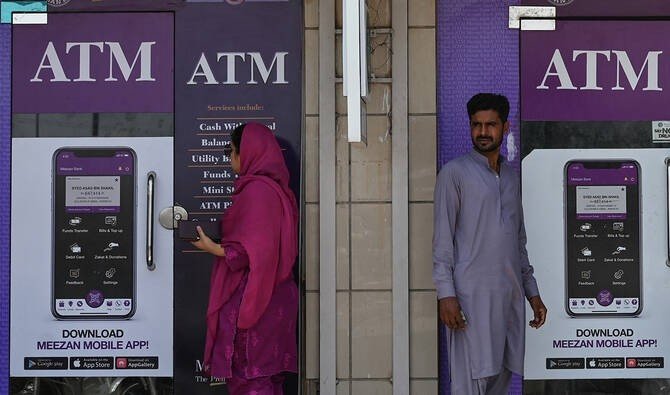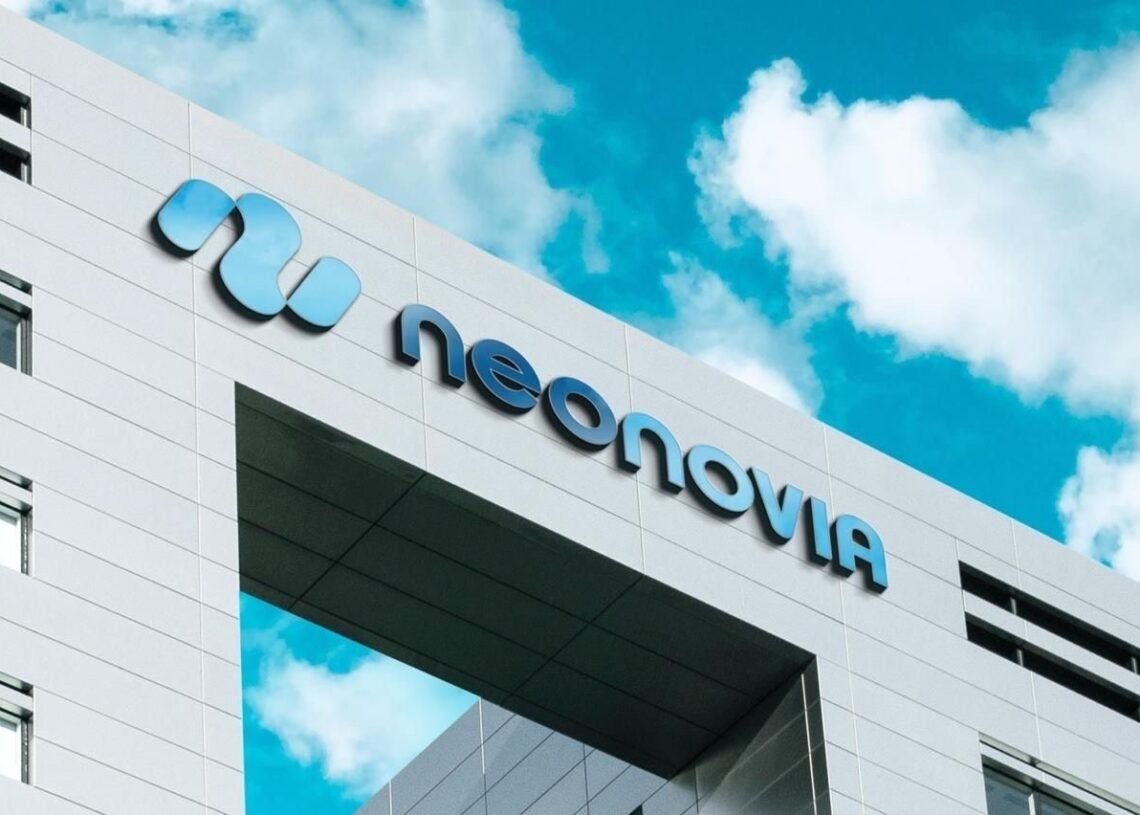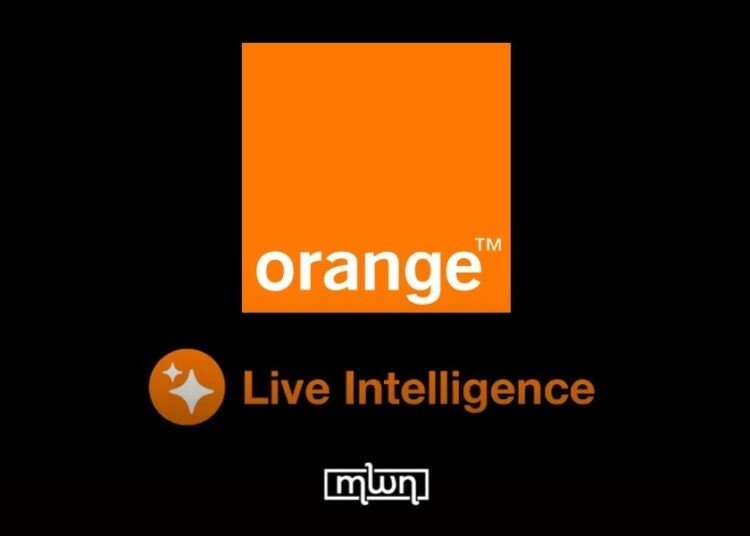Karachi — Pakistan’s government has set an ambitious goal to double annual digital transactions from 7.5 billion to 15 billion by June 2026, as part of its nationwide Cashless Pakistan Initiative aimed at curbing the informal economy and promoting financial transparency.
Speaking at the 5th Pakistan Future of Retail Business Summit and Expo in Karachi, Khurram Schehzad, Adviser to the Finance Minister, said the initiative is central to Islamabad’s efforts to digitize financial flows, reduce cash dependency, and enhance accountability across both public and private sectors.
According to the Press Information Department (PID), Schehzad outlined key milestones under the program, including:
- Increasing monthly active Raast QR merchants from 500,000 to 2 million by June 2026.
- Doubling annual digital transactions to 15 billion.
- Digitizing 100% of government payments by December 2026.
He noted that Pakistan’s undocumented economy accounts for nearly 40% of its GDP, resulting in massive inefficiencies and revenue leakages.
“Digitizing even a modest portion of cash transactions could save the country approximately Rs164 billion ($590 million) annually,” Schehzad said, adding that reducing the undocumented economy by 25% could unlock over Rs1 trillion in additional resources.
Recent measures to promote digitalization include the Merchant Onboarding Framework, which mandates banks and payment providers to equip all merchants with Raast-enabled QR and PoS systems, and a cashless model at national airports, allowing only digital service providers approved by the central bank.
The government is also advancing digital identity initiatives to ensure secure, verified transactions across the economy, aligning with global trends toward financial inclusion and regulatory modernization.
Pakistan’s digital transformation drive marks a major step toward establishing a cashless, transparent, and innovation-driven economy, supporting broader fiscal reforms and sustainable economic growth.















